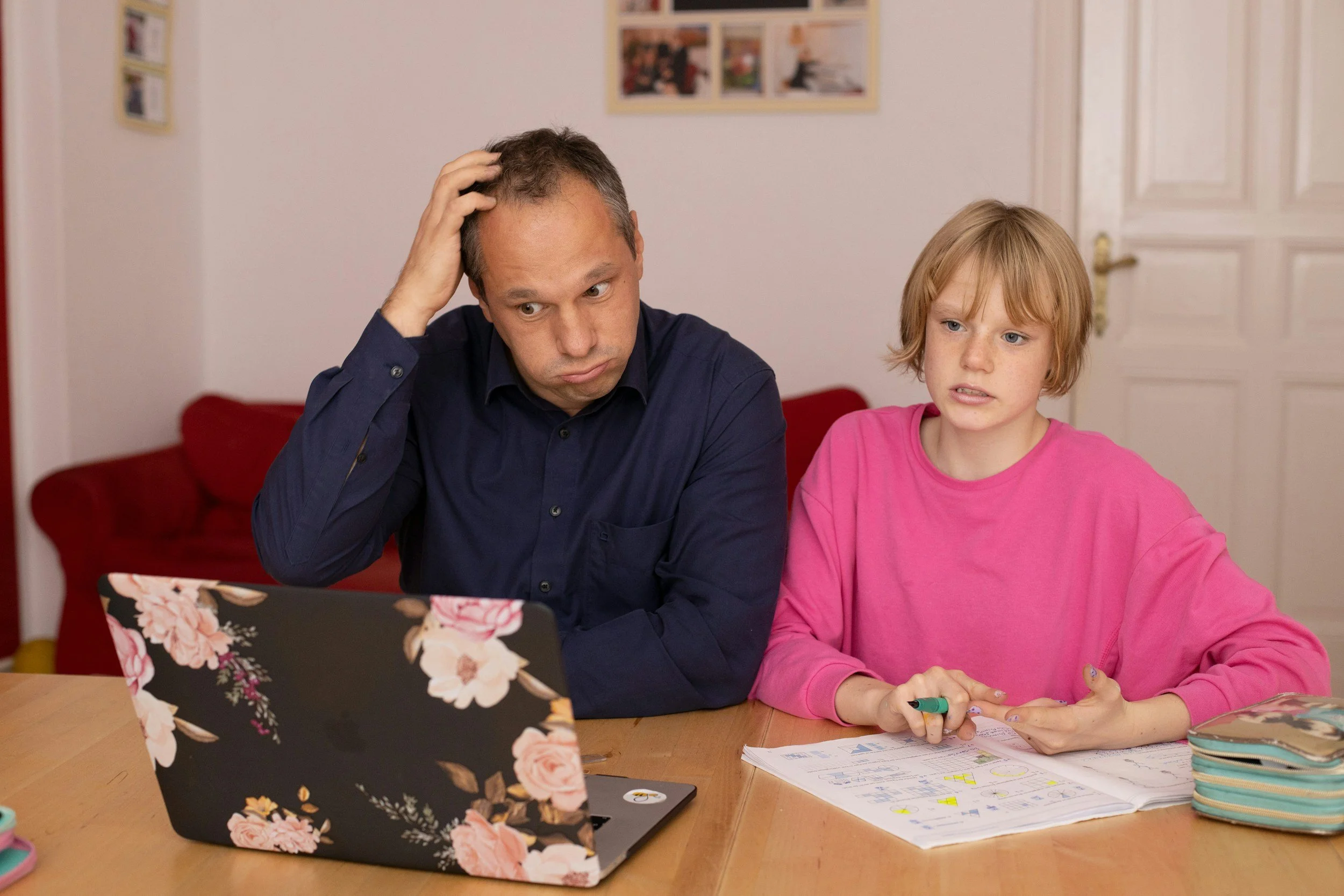ARE GOOD FRIENDS ALWAYS GOOD FRIENDS?
We know that we are often judged by the company we keep, and our children are as well. Not all our kids’ friends are what we’d call “good.” What qualities do we, as parents, hope to see in the friends our kids choose? How important are these friendships? What, if anything, should we do if we have concerns about the friends our kids are hanging around with?
These questions can be tough to answer. But let's start with the simple truth: some of our kids' friendships just work better than others. It is essential for our children to cultivate healthy friendships.
Positive friendships:
Provide for the learning of essential social skills, which include cooperation, negotiation, communication, and conflict resolution.
Develop resiliency and teach kids how to manage difficult situations.
Provide a sense of belonging and acceptance, which can boost self-esteem and self-confidence and provide emotional support in stressful situations.
Establish a learning environment that can stimulate cognitive development and advance problem-solving abilities.
Contribute to a child’s overall happiness and well-being by not feeling alone.
Are more likely than not to result in positive and healthy behaviors, outcomes, and overall maturity.
Unhealthy friendships:
Expose a child to adverse and potentially risky behaviors, which may include bullying and succumbing to peer pressure, often resulting in behavior issues at home and school.
Will often cause a child to withdraw from or be excluded from other positive relationships, leading to social isolation.
Lead to emotional distress, anxiety, depression, and loss of self-esteem, especially when friends are cruel and manipulative.
Often result in poor grades, lack of direction/focus, and setbacks.
What should parents do if they believe their child has made a poor choice in one of his/her friends?
Avoid criticism which can shut down communication. Create a safe and open environment where children feel comfortable discussing their friends and sharing their feelings. Be an attentive listener.
Model healthy, respectful, empathetic, and trusting behaviors. Speak with your kids in general terms about the importance of those characteristics in friendships.
Encourage and be supportive of those friendships you view as positive.
Share your feelings about your child’s friend or friends in a supportive and sensitive way. Let your child know that it’s okay to end a friendship if it becomes unhealthy. Be open to discussing their boundaries and the appropriate ways to end a friendship if that is their choice, not yours.
Finally, intervene only when necessary. Be transparent with your child about your intentions and the reasons behind them. This may involve speaking to their friend’s parent(s) or the school administration. However, don’t hesitate to act.
Friendships are essential to human development and personal growth for both children and adults. They nurture our social, emotional, and physical well-being, offering stability, a sense of belonging, and the support we need to thrive.
Parenting, while incredibly rewarding, can also be one of life’s toughest challenges. In those moments when guidance and encouragement are needed most, having a trusted coach to turn to can make all the difference. That’s where The Aspire Group comes in—here to support you every step of the way.


